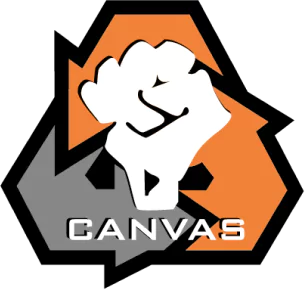Apr 29, 1991-1991
Central African Republic
CAR Pro-democracy Strike
Share
ACTIVISTS/ACT.GROUPS/DESCRIPTION OF THE GROUP
Federation of Trade Unions of Central African Republic, Union Syndicale des Travailleurs de Centrafrique, Central African Democratic Rally, Coordinating Committee for a National Congress,
TARGET
Kolingba Presidency
WIDELY HELD BELIEF
The oppressive government should resign.
CASE NARRATIVE
Issue and Opponent: On September 20, 1981, General Anre Kolingba overthrew the authority of President Dacko and consolidated his power by drafting a constitution. He was sworn into presidency in 1986 and formed a National Assembly. Among the established norms was the prohibition of trade unions. In 1988, Kolingba lifted the ban on union activity, and, in March 1990, unemployed students and civilian workers joined the strike for economic and government reform due to conditions imposed by the Kolingba government. Dilemma Action: The National Labor Federation, made up of unions in the sectors of health, education, rural development, and finance, began a strike on April 29, 1991. Because the strikers came from various sectors, the effect of the strike was something the government could not ignore. The Prime Minister asked the Federation strikers to resume work, but they continued their strike. The leaders of the movement announced that the general strike should continue until Kolingba agreed to hold a national conference to form an interim government and hold multi-party elections.Ultimately, the government had to give into the demands or continue to allow for the decline of the economy and health care and the closure of schools. Outcomes: On May 25, the government conceded, provided March pay, and promised to provide April pay. After two years of stagnation, in 1992, the government began to negotiate, which resulted in a reduction of strikes. By 1993, under pressure from France, democratic elections were held where Ange-Félix Patassé was elected, who paid twelve months of salaries owed to public workers. Since the lifting of the ban on trade union activity, a series of demonstrations against the government and economic policies taken by the Kolingba government were held by the unions, but it did not reach general appeal.
PRIMARY STRUGGLE/GOAL
NONVIOLENT TACTICS USED
DA TACTICS USED
General strike
CASE NARRATIVE WRITER
SUCCESS METRICS
8 / 12
(CONC) Concessions were made
(EREP) Dilemma action got replicated by other movements
(MC) Media Coverage
(MSYMP) Media coverage was sympathetic to the activists
(OR) Opponent response
(PS) Dilemma action built sympathy with the public
(PUN) Punishment favored the activists
(REFR) Dilemma action reframed the narrative of the opponent
PART OF A LARGER CAMPAIGN
1 / 3
Activist group continued working together after the action
RESOURCES
Project documentation
Dilemma Actions Coding Guidebook
Case study documentation
Dilemma_Actions_Analysis_Dataset
SOURCES
Rigell, Laura. 2013. “Central African Republic Unions Strike for Democracy 1990-1993,” Global Nonviolent Action Database. Retrieved July 21, 2023. (https://nvdatabase.swarthmore.edu/content/central-african-republic-unions-strike-democracy-1990-1993).
Freedom House. 2008. “Enabling Environments for Civic Movements and the Dynamics of Democratic Transition – Central African Republic,” July 10. Retrieved July 21, 2023. (https://www.refworld.org/docid/4912b61a21.html).
Rotberg, Robert. 1991. “Stirrings in Africa: In Togo, Cameroon, and the Central African Republic, people are pressing the generals for democracy,” The Christian Science Monitor, July 25. Retrieved July 21, 2023. (https://www.csmonitor.com/1991/0725/25181.html).
New World Encyclopedia. “East Germany,” Retrieved July 21, 2023. (https://www.newworldencyclopedia.org/entry/East_Germany).
Kraus, Jon. “Conclusion: Trade Unions and Democratization in Africa,” Retrieved July 21, 2023. (https://www.researchgate.net/publication/304701022_Conclusion_Trade_Unions_and_Democratization_in_Africa).
Related cases
Dec 1, 2015-2015
Israel
Issue and Opposition: The Israeli-Palestinian conflict started in 1947 following the Partition Plan (Resolution 181) formulated by the United Nations. The Plan mirrore...
/
Jun 1, 1984-1984
Uruguay
Uruguay had been relatively politically stable in South America. However, the military coup in 1973 changed the narrative. The government of Uruguay began to use fear,...
/
Jul 15, 2001-2001
Turkey
In 2001, in a southern Turkish village near Siirt, the water lines connecting to the public water supply broke down. The issue at hand during the sex strike was the Tu...
/
Subscribe to our newsletters to get full access to all materials on our website.

